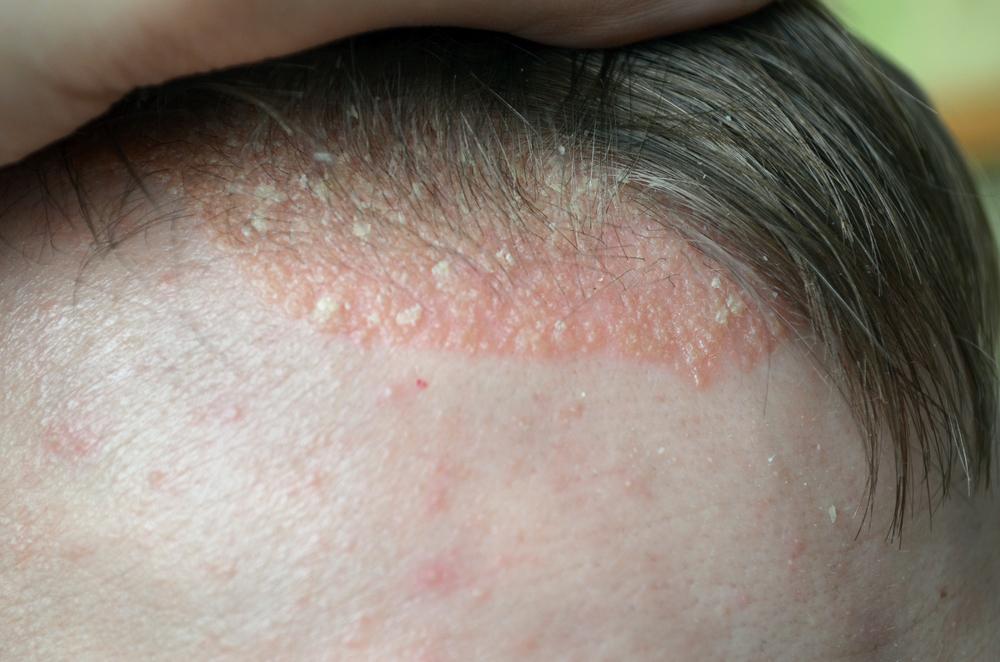Comprehensive Guide to Managing Scalp Psoriasis
Discover comprehensive insights into scalp psoriasis, including causes, symptoms, diagnosis, and effective treatment options. Learn how to manage this common condition and improve your quality of life with expert advice and proven therapies.

Understanding and Managing Scalp Psoriasis
All You Need to Know About Scalp Psoriasis
Scalp psoriasis is a skin condition marked by raised, red patches covered with silvery scales. While it can appear on various body parts like elbows, knees, palms, and soles, it most frequently affects the scalp. The disorder results from excessive skin cell buildup, leading to inflamed, scaly areas composed of layers of dead skin.
The exact cause remains unknown, but it’s believed to be related to immune system malfunction, causing rapid skin cell growth. Genetics may also play a role, as it can be inherited. Importantly, scalp psoriasis is not contagious.
Triggers such as cuts, burns, minor injuries, stress, and infections can initiate psoriasis flare-ups in susceptible individuals.
Signs and Symptoms
While more common in adults, children can also develop scalp psoriasis. Mild cases present as small, red, scaly patches scattered across the scalp. Severe cases feature large, flaky, itchy patches that can spread to the neck and ears. Many patients report a burning sensation. Scratching due to itchiness may cause hair loss, not because of the disease itself but from vigorous scratching that may lead to skin damage or infection.
It's essential to distinguish scalp psoriasis from seborrheic dermatitis, which produces greasy, moist patches unlike the dry, scaly ones of psoriasis.
Diagnosis and Management
Diagnosis typically involves a physical exam and medical history review. In some cases, a biopsy may be necessary to exclude other conditions. Early diagnosis helps in managing symptoms effectively and prevents worsening. Consulting a healthcare professional upon noticing any scalp rash is crucial for timely intervention.
Treatment Options for Scalp Psoriasis
Though no definitive cure exists, several treatments can reduce severity and frequency. Treatment plans are tailored based on the severity, co-existing conditions, and patient preferences. Topical options include ointments, lotions, oils, medicated shampoos, and moisturizers, often containing corticosteroids or salicylic acid to reduce inflammation and scaling. Tar preparations may also help.
When topicals are insufficient, systemic medications targeting specific immune pathways might be prescribed. These require careful monitoring for side effects. Patients considering home remedies should first seek professional advice to avoid complications.
Phototherapy, such as controlled UV light exposure or natural sunlight, can alleviate mild cases by boosting vitamin D levels. Medical-grade UV lamps are also used in clinics or at home with professional guidance.
While scalp psoriasis can impact self-esteem, it’s important to remember that hair does not define personal worth. Effective management can greatly improve quality of life, and many treatments are available to control symptoms.










